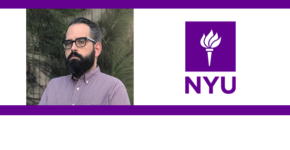Tag: education
-

Andrew Gaudes, Brock University – Beyond the Bottom Line: How Business Schools are Shaping a Better World
Can business program graduates be a force for good in the world? Andrew Gaudes, professor of entrepreneurship at the Goodman School of Business at Brock University, says yes. Andrew Gaudes is an academic professional with extensive experience in various leadership roles in the field of business education. He has held positions as Dean of the…
-
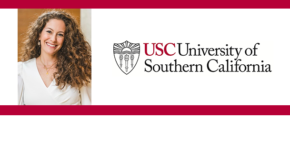
Amie Rapaport, University of Southern California – School Absences, Grades, and Mental Health
Schools have been prioritizing students’ mental health, but it hasn’t been enough. Amie Rapaport, research scientist at the Center for Social and Economic Research at the University of Southern California, looks at what still needs to be done. Amie Rapaport has a PhD in Social Psychology and is a Research Scientist at the University of…
-

Anthony James, Miami University – Chronic Absenteeism
The pandemic has brought many challenges to the fore in K-12 schools. Anthony James, professor and interim chair of family science and social work at Miami University, details how to fight back against one of these. Dr. Anthony G. James Jr. is a professor in the Department of Family Science and Social Work at Miami University. He earned…
-
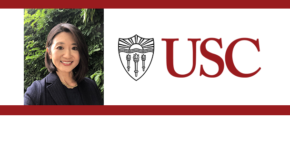
Helen Choi, University of Southern California – Because You Can, Should You?
Is artificial intelligence the right tool for those in higher education to be using? Helen Choi, senior lecturer in the engineering in society program at the University of Southern California, asks us to think about the question ethically. Helen Choi is a Senior Lecturer in the Engineering in Society Program at the University of Southern…
-

Carol Howe, Texas Christian University – Empowering Hispanic Agricultural Workers with Diabetes Education
On Texas Christian University Week: How do we empower Hispanic agricultural workers to get the health care they need? Carol Howe, Paula R. and Ronald C. Parker Endowed professor of Nursing and Director of Nursing Research & Scholarship, delves into this. Carol Howe, Ph.D., is the Paula R. and Ronald C. Parker Endowed Professor of…
-

Danielle Clevenger, University of Wisconsin – What’s Wrong with Active Learning?
On this Student Spotlight: We’ve heard a lot about active learning, but what is it exactly? Danielle Clevenger, Ph. D. candidate in philosophy at the University of Wisconsin Madison, examines this question. Danielle (Dani) Clevenger is currently a Philosophy Ph.D. candidate at the University of Wisconsin-Madison. Her research spans a number of sub-disciplines in philosophy…
-
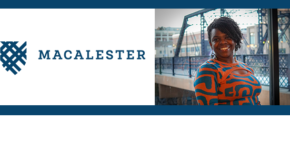
Ebony Aya, Macalester College – The Experiences of Black Women in Higher Education
There is a diversity of experiences in higher education. Ebony Aya, program manager and teaching faculty at Macalester College, explores why some are more disadvantaged than others. Ebony Aya is a recent PhD graduate of the University of Minnesota in Curriculum and Instruction, with minors in Culture and Teaching and African American and African Studies.…
-

Jeff Frank, St. Lawrence University – Thinking Philosophically about Screentime in Schools
Screen time in schools isn’t going away, how do we make it make it the best it can be? Jeff Frank, professor of education at St. Lawrence University, examines. Jeff Frank is a philosopher of education. He is a professor of education at St. Lawrence University, and the inaugural director of St. Lawrence’s Center for…
-
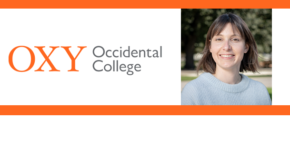
Claire Cahen, Occidental College – Selling Student Futures
On Occidental College Week: Which schools are taking on most of the burden of a school district’s debt? Claire Cahen, assistant professor of urban and environmental policy, determines it might not be spread evenly. Claire Cahen (she/ her/ hers) is an urbanist, researcher and educator living and working in Los Angeles. She researches and writes…

